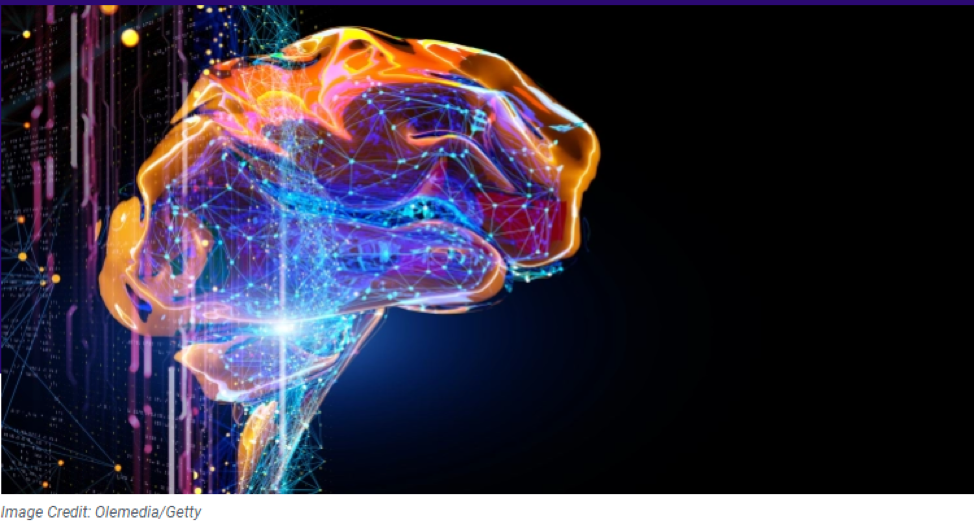As technology progresses, business leaders understand the need to adopt enterprise solutions leveraging Artificial Intelligence (AI). However, there’s understandable hesitancy due to implications around the ethics of this technology — is AI inherently biased, racist, or sexist? And what impact could this have on my business?
Organizational emphasis on AI ethics has two prongs. The first is related to AI governance which deals with what is permissible in the field of AI, from development to adoption, to usage.
The second touches on AI ethics research aiming to understand the inherent characteristics of AI models as a result of certain development practices and their potential risks. We believe the learnings from this field will continue to become more nuanced. For instance, current research is largely focused on foundation models, and in the next few years, it will turn to smaller downstream tasks that can either mitigate or propagate the downsides of these models.
Universal adoption of AI in all aspects of life will require us to think about its power, its purpose, and its impact. This is done by focusing on AI ethics and demanding that AI be used in an ethical manner. Of course, the first step to achieving this is to find agreement on what it means to use and develop AI ethically.
The original article was posted here.
The Boston Global Forum (BGF), in collaboration with the United Nations Centennial Initiative, released a major work entitled Remaking the World – Toward an Age of Global Enlightenment. More than twenty distinguished leaders, scholars, analysts, and thinkers put forth unprecedented approaches to the challenges before us. These include President of the European Commission Ursula von der Leyen, Governor Michael Dukakis, Father of Internet Vint Cerf, Former Secretary of Defense Ash Carter, Harvard University Professors Joseph Nye and Thomas Patterson, MIT Professors Nazli Choucri and Alex ‘Sandy’ Pentland, and Vice President of European Parliament Eva Kaili. The BGF introduced core concepts shaping pathbreaking international initiatives, notably, the Social Contract for the AI Age, an AI International Accord, the Global Alliance for Digital Governance, the AI World Society (AIWS) Ecosystem, and AIWS City.










